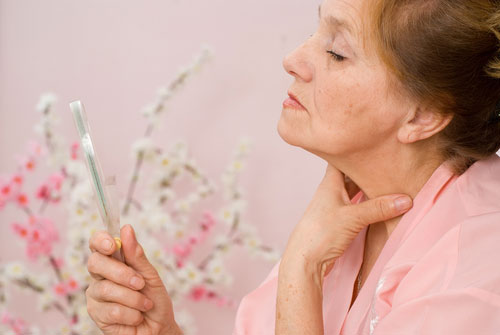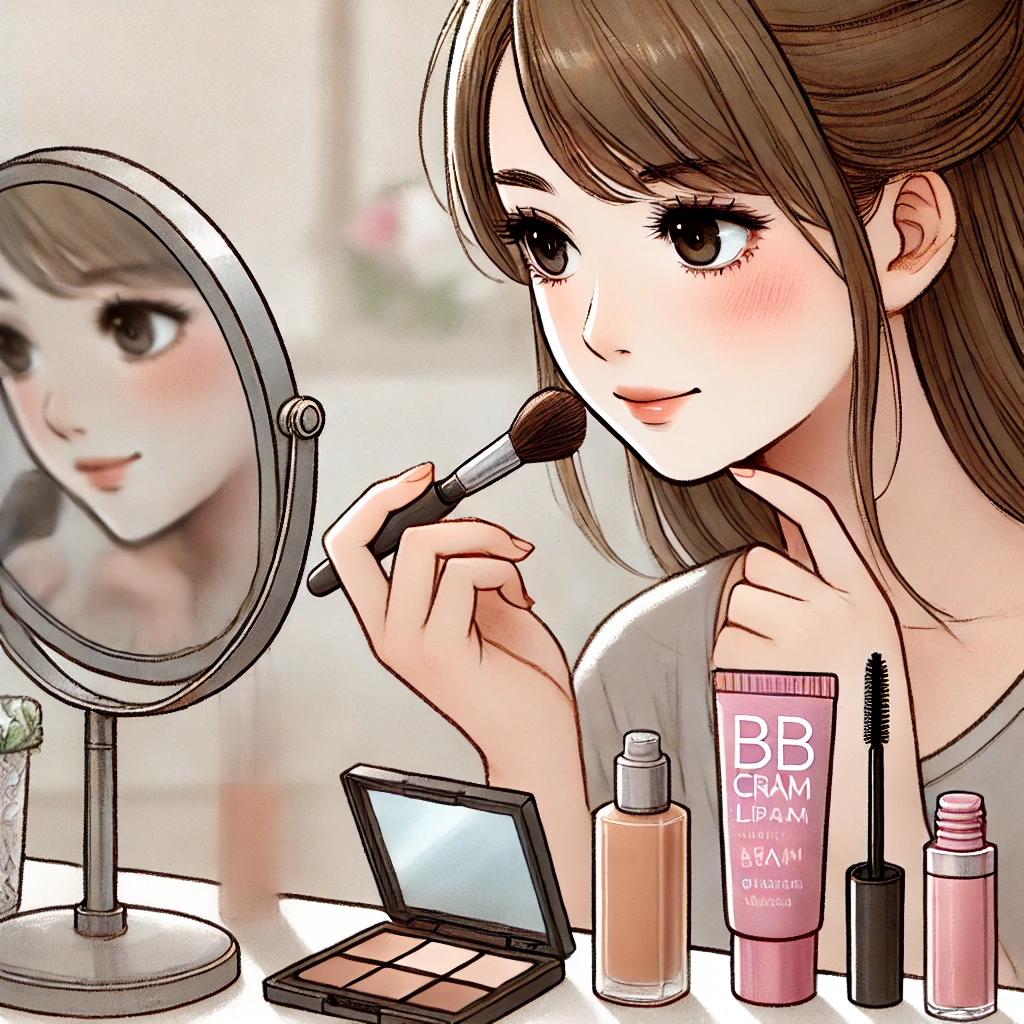For the sake of our own safety, wouldn't it hurt to take a closer look at what we usually keep under the sink or on the shelves in the bathroom?
In order to clean quickly and at the same time qualitatively, so that household chemicals do not spoil the furniture, first of all, when buying furniture for bedroom, kitchen, living room, you should pay attention to what material the furniture is made of. Furniture online store "Mebelini" picked up a collection of not only beautiful, but also high-quality furniture. For example, a coffee table. This type of furniture is an important detail in the interior of any apartment. Before choosing a coffee table, read the description and choose one from the surface of which it is easy and simple to remove dust.
Fresheners, bleaches, detergents and cleaners
Air freshener. That's a tricky one. It has the ability to coat the nasal passages with an oily film, causing our noses to not perceive odors as acutely. It usually contains methoxychlor, a pesticide that builds up in the body. You'll also find formaldehyde, a known carcinogen. And phenol, a serious skin irritant.
Detergents and cleaning products with antibacterial action. They usually contain triclosan, which can harm the liver by penetrating through the skin into the body.
Bleach. Can seriously damage the respiratory tract. Never mix with other cleaning agents containing acids or ammonia. The reaction produces deadly poisonous vapors.
Carpet and upholstery cleaners. Although their chemical formulas are gentler because they can otherwise damage the carpet or upholstery, they often contain perchlorethylene, a known carcinogen that damages the liver, kidneys and nervous system.
Cleaning agents with chlorine. Chlorine was produced in large quantities during the Second World War and was not used up. It was then decided to be used as part of household chemicals. Chlorine is the number one substance that causes breast cancer. Scientists working with chlorine, necessarily wear gloves, face mask and work in well-ventilated rooms. But despite all the precautions, chlorine is quite often found in household chemicals designed for dishwashers. And this is especially dangerous, because when heated, chlorine emits poisonous vapors. However, chlorine can now be found everywhere - in drinking water, swimming pools, Jacuzzis, etc.
Dishwashing detergents. Most of them contain chlorine. Every time you wash your dishes after a meal using these products, some of the ingredients remain on the dishes and their concentration increases with each new wash. As a result, toxins from the plate get into the food and then into the body, especially if the food is hot. Therefore, it is necessary to rinse and dry dishes very carefully after each use of dishwashing detergent.
Furniture polish. Contains nitrobenzene, which is very poisonous if it enters the body through the skin.
Laundry detergents and other products for washing and laundry treatment. They contain phosphorus, enzymes, ammonium, naphthalene, phenol, sodium nitilotriacetate, which are serious skin irritants. These substances remain on the laundry even after washing, no matter how many times it has been rinsed. They are the ones that most often cause allergies, eczema, dermatitis and even asthma. Once left on the bedding, they are able to penetrate the body through the skin, causing serious negative reactions. Therefore, it is very important when choosing laundry detergents to pay attention to the composition. And try not to use products with the same composition for a long time, to at least reduce the risk of allergies.
Oven cleaner. The most toxic of all household chemicals. Contains lye and ammonia. Damaging to the skin and respiratory system. It stays on the surface of the oven walls and builds up after each cleaning, especially after the oven heats up. It is better to use sea salt or baking soda to clean ovens.
Toilet cleaner. Usually contains hydrochloric acid, which damages the liver and kidneys by penetrating the skin. Also contains bleach, a known skin and eye irritant. Must not be combined with other detergents.
A few tips to help reduce the health effects of toxic household chemicals
Reduce toxic substances when cleaning your home or doing laundry, keep the indoor air 30-50% humid, and be sure to place mats in front of your entryway. Keep household chemicals in closed containers and out of the reach of children.
Most importantly, try to find alternatives to store-bought household chemicals using the following tips:
Use vinegar or baking soda instead of commercial air freshener. Place small containers of vinegar or baking soda around the room. Use an aroma lamp or prepare aromatic herbal concoctions. Then pour the cooled decoction into containers and add salt to avoid fungus.
To clear a clogged sink of accumulated hair and food residue, pour half a cup of baking soda inside the hole and then pour a cup of vinegar into it. Cover the hole. After an hour, rinse with hot water and salt.
Clean the toilet with baking soda. Spread it on the walls with a special brush. You can also brush again with a brush soaked in vinegar. Clean the seat with white vinegar.
The oven can be cleaned with a paste of baking soda and water. However, before using the paste, scrape the dirtiest areas with a special brush.
Add baking soda when washing laundry. Add half a cup of baking soda to liquid laundry detergent at the beginning of the wash. If your laundry detergent is in powder form, add half a cup of baking soda while rinsing your laundry. The baking soda softens the water and makes your laundry detergent more productive and less toxic.
When cleaning windows, prepare a special solution of vinegar and water. For a liter of water - 3 tbsp. of vinegar.
When cleaning carpets, sprinkle cornmeal on them first. And after 15 minutes, vacuum them.
When washing dishes, use a mixture of baking soda, vinegar and water.
To clean ceramic tile, mix 1 2/3 cups baking soda, one-half cup liquid soap and one-half cup water. Add 2 tablespoons of vinegar to the mixture. But don't add the vinegar right away, instead let the mixture stand first to allow the baking soda to dissolve.
Use a little olive oil instead of goutaline.
Use a mixture of 3 tablespoons of liquid soap, 2 cups of water, and 20-30 drops of tea tree or manuka essential oil for disinfectant cleaning. Acne, ingrown hairs in men.







I also believe that it is better to use say so "folk remedies" when caring for the house, furniture, dishes... From personal experience, when using a dishwashing detergent, and different price category from cheap to the most expensive, became terribly flaky hands, no creams, baths and even medicines just did not help.Tried to wash dishes in gloves, the result is the same. And then I read such a simple recipe to wash dishes with simple dry mustard and baking soda. And my problem slowly began to decrease.All genius is simple) and money is saved, because they can be spent on something more useful).